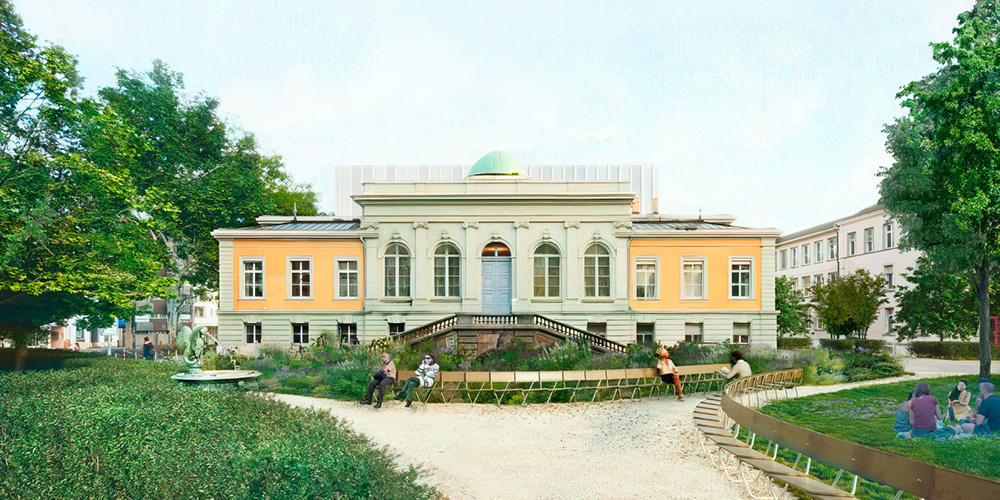Torsten Schwede new President of SNSF Research Council
As announced in the UniNews, our Vice President, Prof Torsten Schwede has been nominated as President of the Swiss National Science Foundation (SNSF) Research Council from 2025.
We asked him about the significance of the recent and upcoming changes to the SNSF and what this means for us here in Basel.
This year, the SNSF has updated its foundation regulations, which already involve several changes to the overall structure of the SNSF. What does this mean for our researchers?
The main changes, approved by the Swiss Federal Council in summer of this year, concern the overall governance structure. The new, smaller, foundation council nominated recently, now has a clearer oversight role. The universities and higher education institutions will be represented in the “Delegates Assembly” which will ensure an improved communication between the SNSF and its stakeholders. For our researchers, the most important changes are related to the Research Council and the divisional organization: in the future, there will be a single program committee overseeing project funding. With the new statutes, the Research Council will be given more strategic competencies and be headed by an Academic Board. The details of the future organization of the Research Council will be developed in the coming months and we can expect to know more in the first half of 2024.
What was your motivation for becoming president of the research council?
During my scientific career, I have come to appreciate the SNSF as the central institution for research funding in Switzerland. But it’s not just about the money, researchers in Switzerland identify strongly with the SNSF and many of them dedicate a lot of time to ensuring the high-standards of evaluation. The SNSF has an important role in shaping the research culture in our country. Through my new role, I would also like to contribute to supporting the SNSF with its mission.
The SNSF supports outstanding projects in all disciplines, developed bottom-up by our researchers. This is essential for Switzerland’s success as one of the top ranking research countries internationally. In particular, the strong and long-term basic research funded by the SNSF forms the foundation for ground-breaking discoveries, which in turn become the starting point for successful innovation.
However, the research environment in Switzerland and globally is under pressure, as costs rise and budgets become tighter, the competition for Grants increases, and in the current global political climate international collaboration becomes increasingly difficult. It’s essential that we maintain the high quality of competitive research funding that the SNSF provides and that we maintain the “bottom up – curiosity driven” research as the main strength of the Swiss research system.
As the new president of the SNSF's research council as of 2025, you will have to give up your role as Vice President for Research. You also have your own research group at the Biozentrum and the Swiss Institute of Bioinformatics (SIB), what will happen to these groups?
The SNSF has elected a new Foundation Council starting in 2024, and decided to choose a new president for the Research Council at the same time, taking office in 2025. The year 2024 will be a transition year to elaborate the future structure and composition of the Research Council and its Academic Board, and to work with the current president Matthias Egger on a smooth transition in January 2025. I will step down as Vice President for research at the end of the spring semester 2024, the university has already initiated the search for my successor.
In terms of my own research, the role as president for the Research Council is a 60% appointment, so I’m optimistic that I will have more time for my own research group than today. In the area of computational structural biology, we are currently seeing a huge impact from new AI methods using deep learning (like AlphaFold) and large language models. It is an exciting time for our research field.



